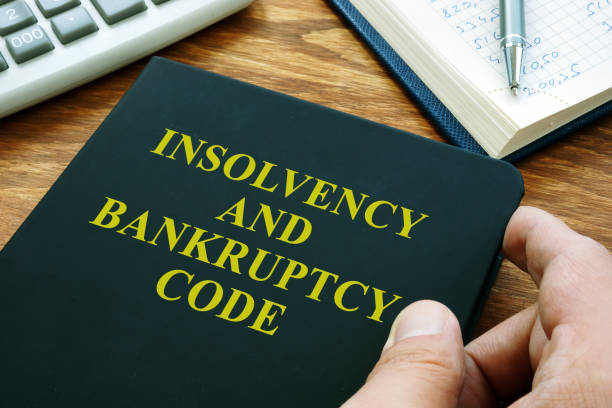
In the dynamic place of entrepreneurship, startups often find themselves in a never-ending maze of challenges, seed funding challenges, from securing funding to driving innovation
Government grants for startups are financial awards given by the government to support the development and growth of early-stage businesses. These grants are crucial for startup development as they provide funding without requiring equity in return, unlike venture capital or angel investments. They are typically awarded based on specific criteria such as innovation, job creation, or societal impact.
Startups typically qualify for government grants by meeting specific eligibility criteria set by the granting agency or program. These criteria may include factors such as the type of industry, geographic location, the stage of development, and the potential impact of the startup’s product or service. Startups may need to demonstrate their viability, innovation, potential for growth, and ability to achieve the objectives outlined by the grant program.
Additionally, government grants often come with non-financial support such as mentorship, networking opportunities, and access to resources and facilities. Moreover, receiving a government grant can enhance the credibility and visibility of a startup, making it more attractive to other investors and partners.
When applying for and utilizing government grants, startups should consider various legal considerations. These include compliance with grant requirements, intellectual property protection, financial reporting obligations, and potential conflicts of interest. Startups should ensure that they understand the terms and conditions of the grant agreement and seek legal advice if necessary to navigate any legal complexities.
legal considerations should startups keep in mind when applying for and utilizing government grants
- Eligibility Requirements: Startups must carefully review the eligibility criteria outlined by the granting agency or program to ensure that they meet all the necessary qualifications. Failure to meet these requirements could result in disqualification or the repayment of funds.
- Grant Agreement: Before accepting a government grant, startups should thoroughly review the terms and conditions outlined in the grant agreement. This document typically specifies the obligations of both parties, the scope of work, reporting requirements, and any restrictions on the use of funds.
- Financial Management: Proper financial management is crucial when utilizing government grant funds. Startups should establish robust accounting practices, maintain accurate records of expenditures, and ensure that funds are used for authorized purposes in accordance with the grant agreement.
- Audits and Investigations: Government grants may be subject to audits or investigations to ensure compliance with grant requirements and the appropriate use of funds. Startups should be prepared to cooperate with auditors and provide documentation to support their expenditures and activities.
- Termination and Remedies: The grant agreement should outline the procedures for termination and any remedies available to the granting agency in the event of non-compliance or breach of contract by the startup. Startups should understand the potential consequences of failing to meet their obligations under the grant agreement.
- Legal Counsel: Given the complexity of government grant agreements and the potential legal implications, startups should consider seeking legal advice from experienced attorneys specializing in grant law. Legal counsel can provide valuable guidance throughout the grant application process and help startups navigate any legal challenges that may arise.
- GreyOrange: GreyOrange, a robotics company based in India, received funding from the Department of Industrial Policy and Promotion (DIPP) under the Modified Special Incentive Package Scheme (M-SIPS). This grant helped GreyOrange develop and scale its automated warehouse solutions, enabling it to expand its market presence globally. The company’s robotic systems are now used by e-commerce giants and logistics companies worldwide.
- Eywa Pharma: Eywa Pharma, a pharmaceutical startup specializing in affordable generic medicines, received funding from the Biotechnology Industry Research Assistance Council (BIRAC) under the Department of Biotechnology (DBT). This grant supported Eywa Pharma’s research and development initiatives aimed at developing high-quality pharmaceutical formulations for various therapeutic areas. The company’s focus on innovation and affordability has made essential medicines more accessible to patients in India and beyond.
These examples demonstrate how government grants have played a crucial role in enabling the growth and success of startups in India, particularly in sectors such as robotics, electric vehicles, agritech, digital farming, and pharmaceuticals.
Legal issues or challenges that startups may encounter when dealing with government grants include compliance with grant requirements, intellectual property disputes, and regulatory issues. Lawyers can help startups navigate these challenges by providing legal advice, drafting and reviewing grant agreements, and representing startups in negotiations with granting agencies. Additionally, lawyers can assist startups in resolving disputes or conflicts that may arise during the grant application or implementation process, ensuring compliance with applicable laws and regulations.
Conclusion
Government grants are more than just a source of funding; they are a catalyst for innovation, a driver of economic growth, and a lifeline for startups striving to make their mark on the world. Government grants contribute significantly to the overall ecosystem of startup funding and support by providing financial resources and incentives for innovation. They play a crucial role in driving economic growth and innovation by supporting the development of new technologies, products, and services that address societal challenges and create jobs.










